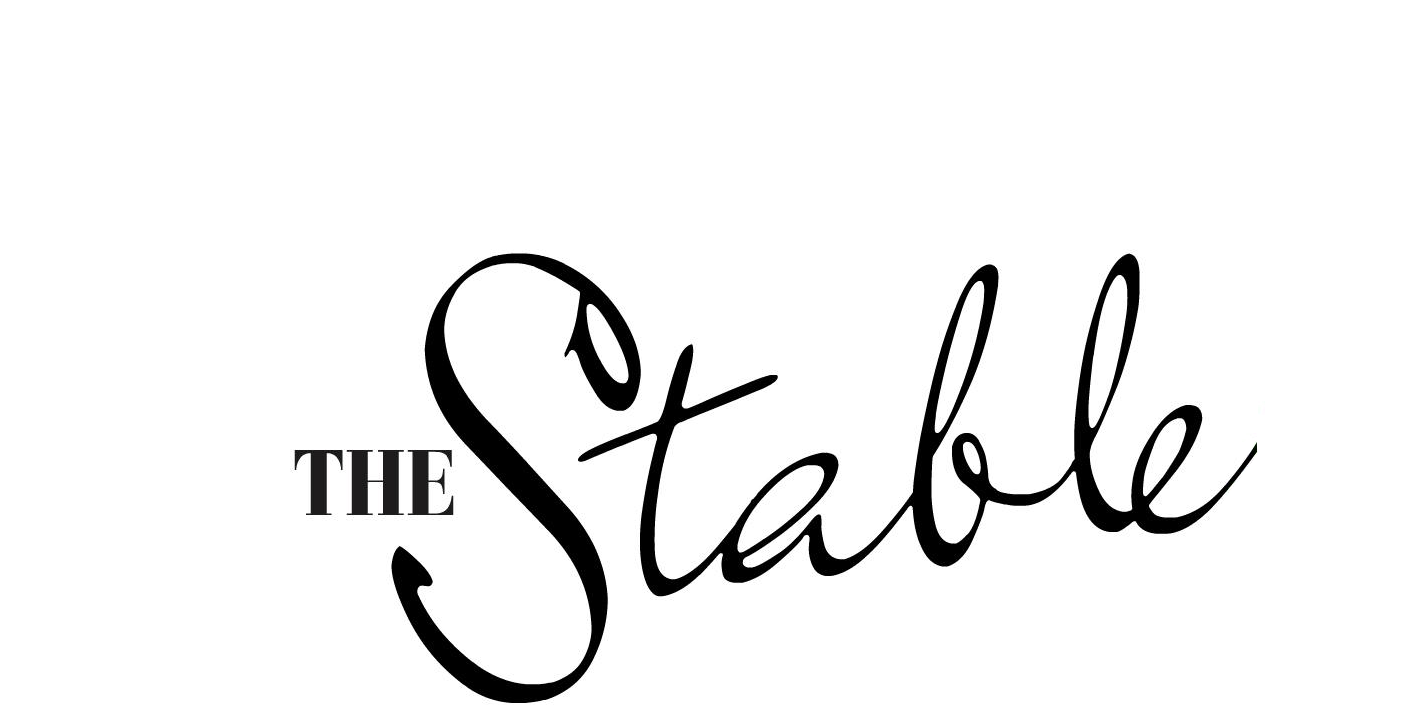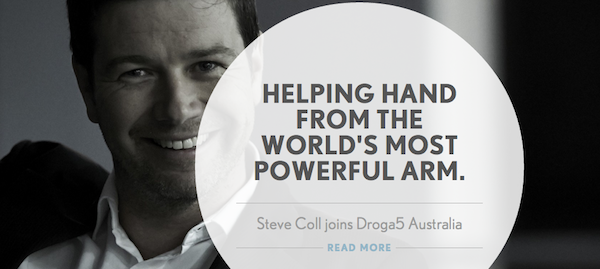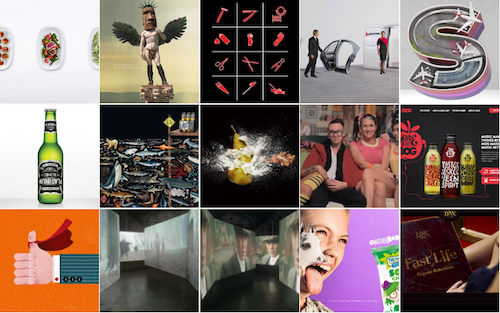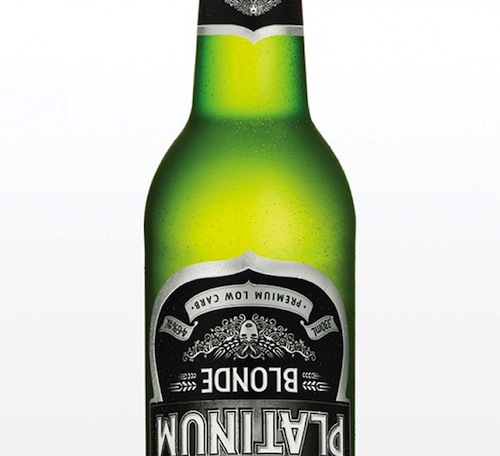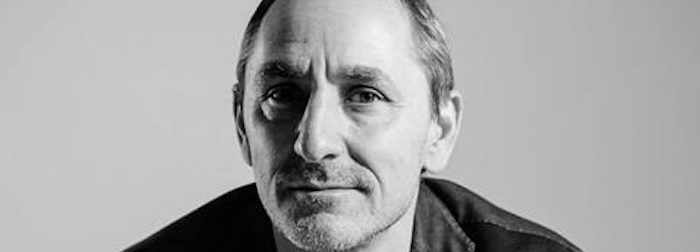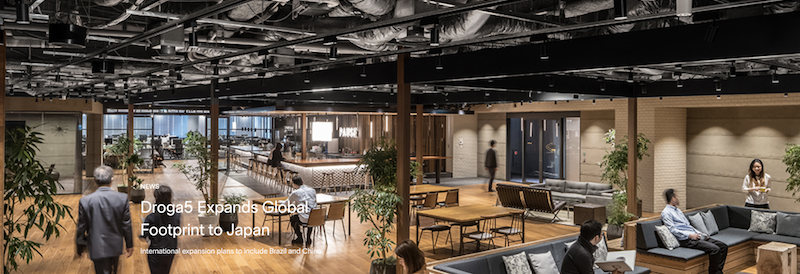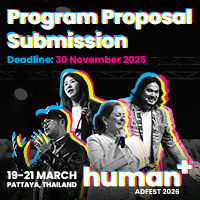Steve Coll thinks differently to other executive creative directors. I’m not talking about a social & PR campaign to try to get permission for Vanish Oxi Action Crystal White to sponsor the White House. A campaign to get a fair go for the unknown Pitt brother…
…Oh yeah, and that arm so powerful that it carried home a Black Pencil from D&AD this year.
I’m talking about a bloke who speaks freely about the fact that he’s still learning. Talks about every achievement from a ‘we’ perspective. Considers every opinion in the room…
…Oh yeah, and left Havas just after he’d put Havas Australia on adland’s map and been named Havas Creative Group ‘Person of the Year’.
At the end of March this year, David Nobay was able to state, “…in Steve, we’ve found someone who’s proved a steely ambition to push innovation over the finish line, tied to a naturally infectious curiosity that makes him a natural fit for our management line-up.”
So how did Nobby prise Steve Coll away from a top spot on the adland honour roll? And how does the humblest ECD in adland think he’s going in the quest to achieve David Droga’s goal, “I don’t want Droga5 to be the biggest agency, I want it to be the best.”
The Stable: What did Nobay say to you to make you move?
Steve Coll: I was lucky to be part of a great team at Havas, with Ant, Phil, Julie and Alex, and I am proud of my time at the agency. The reasons for moving on were actually very little to do with Havas itself.
I had a bit of an epiphany two years ago at, of all places, the Campaign Brief creative lunch at Cannes. I remember looking around at all the smartest, most talented creative people in our business. What struck me were the two distinct groups of people sitting at that table. There were ECDs in their early forties working in either their first or second head of department role. On the other side of a reasonable age gap were the other guys, the owners – guys like Tom, Warren, Nobby, and Belgo, the legends who had set up agencies or started their own shops. Strikingly, there were very few people in between.
I guess, at that moment, I realised that being a decent creative guy in a big agency would only sustain me for another few years. And if I really wanted to stay in the advertising business, I’d have to get into the business of advertising. It took two years for that realisation to turn into the opportunity at Droga. And it was a very pointed decision. While chatting to Nobby and Droga, I saw two guys who had excelled in creative, and then successfully (to put it mildly) embraced the business side of advertising. You couldn’t ask for two better mentors.
TS: What plans did you make for Droga5 and its work as you lay in bed the night you signed on?
SC: I didn’t. It’s easy to arrive at an agency with preconceptions about what’s wrong and how to change it. But it’s inevitably more complicated than you realise. And definitely more than any one person can fix. I remember the initial few months at Euro feeling a bit like I was living in the first few minutes of Saving Private Ryan. It was crazy. I was expecting Droga to be a bit the same. Any new ECD finds the first few months pretty chaotic. I know because I’ve asked a few.
Nobby and Sudeep were clear that Droga5 Sydney was going to be a good challenge. I knew I was arriving half way through a very tough year, right on the tail of losing Woolies. So really, I went in determined to keep an open mind and learn as much as I could. Having said that, I’ve picked up certain opinions and ways of doing things from all the agencies at which I’ve worked. I think every agency needs a system for working that actively promotes collaboration. Also, a strict no arseholes policy.
TS: You’re half a year in. What has changed at Droga5?
SC: Change is difficult in any company and it takes time. But we’re already making a few simple but significant changes. The first was to change the seating plan and bring the creative into the heart of the agency, beside the digital department, planning and account service. Its sounds like such a simple thing. But it signifies a definite intention to work together rather than being about where people sit. On the back of this, we’re also changing the process of workflow to make the agency nimble and more collaborative. I hope this will also focus our energy a little better. At the end of everything, it’s about the work. And trying to create the style of ideas everyone came to Droga to make. We’re looking specifically at social as a real strength within Droga, and the WME connection is a great foundation. It’s still early days, but I believe there is a positive sense of change and a real optimism about the future at D5. That is pretty good, given that it has been a truly tough year.
Q: They say that the strongest relationships are made between opposites. Tell me about you and Nobby.
SC: Nobby used a good saying during our conversations about the role, ‘You don’t buy a dog and then bark yourself’. He was clear from the go that he runs the agency and I run the department. I’ve been here six months and he has lived up to that 100%. So when people ask, ‘How is it working with Nobby?’ the truth is I’ve been learning a huge amount from him. He’s an incredibly switched-on operator, an amazingly quick thinker and an unbelievable sales guy. Plus we’ve discovered a shared love of whiskey.
Q: Adland’s changing fast. Get over it and get on with it?
SC: One of my Grandad’s favourite sayings was, ‘Must is a great master’. You put it in a much more classically Aussie way, Candide. Just get on with it. I think advertising agencies are getting on with it, and they are changing faster than people realise. And to be honest, I don’t yet see the quality of work from elsewhere that would justify announcing a ‘brave new world’ where advertising agencies are redundant. Good agencies adapt to new opportunities and the good creative thinkers do the same. The big difficulty is getting paid to break out of your core skill set. Clients still largely pay agencies for advertising. Even if your capability goes beyond that, that’s what you get paid for. It’s easy to bring in good people with different skill sets. It’s much harder to get the funding for them to stay.

